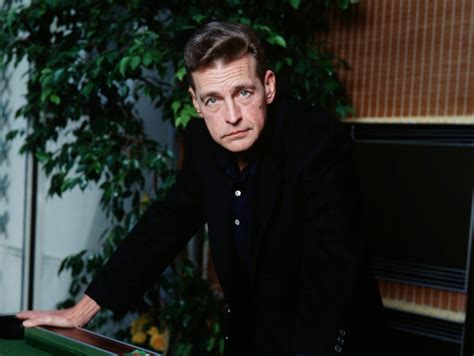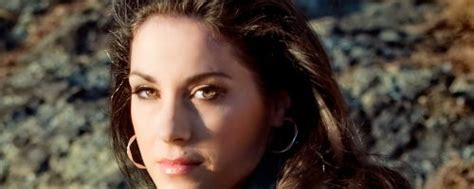A Quote by Karl Marlantes
I began writing 'Matterhorn' in 1975 and for more than 30 years I kept working on my novel in my spare time, unable to get an agent or publisher to even read the manuscript.
Related Quotes
My father was a writer, so I grew up writing and reading and I was really encouraged by him. I had some sort of gift and when it came time to try to find a publisher I had a little bit of an "in" because I had his agent I could turn to, to at least read my initial offerings when I was about 20. But the only problem was that they were just awful, they were just terrible stories and my agent, who ended up being my agent, was very, very sweet about it, but it took about four years until I actually had something worth trying to sell.
While working on my first five books, I kept wishing I was writing a novel. I thought until you wrote a novel, you weren't taken seriously as a writer. It used to trouble me a lot, but nothing troubles me now, and besides, there has been a change. I think short stories are taken more seriously now than they were.
I never had a plan, except to write. I love what I do, and have from the beginning. Loving what you do makes it a lot easier to work, every day, to face the tough spots and heel in for the long haul. Nothing against plans; they work for some people. But for me, if I'd been planning, worrying about numbers, trying to micro-manage my career, I wouldn't have focused on the writing. If you don't write, you're not read. If you're not read, you don't sell. So that's my Master Plan, I guess. Write the books, let the agent agent, the editor edit, the publisher publish.
Wherever we are, any time of night or day, our bosses, junk-mailers, our parents can get to us. Sociologists have actually found that in recent years Americans are working fewer hours than 50 years ago, but we feel as if we're working more. We have more and more time-saving devices, but sometimes, it seems, less and less time.


































